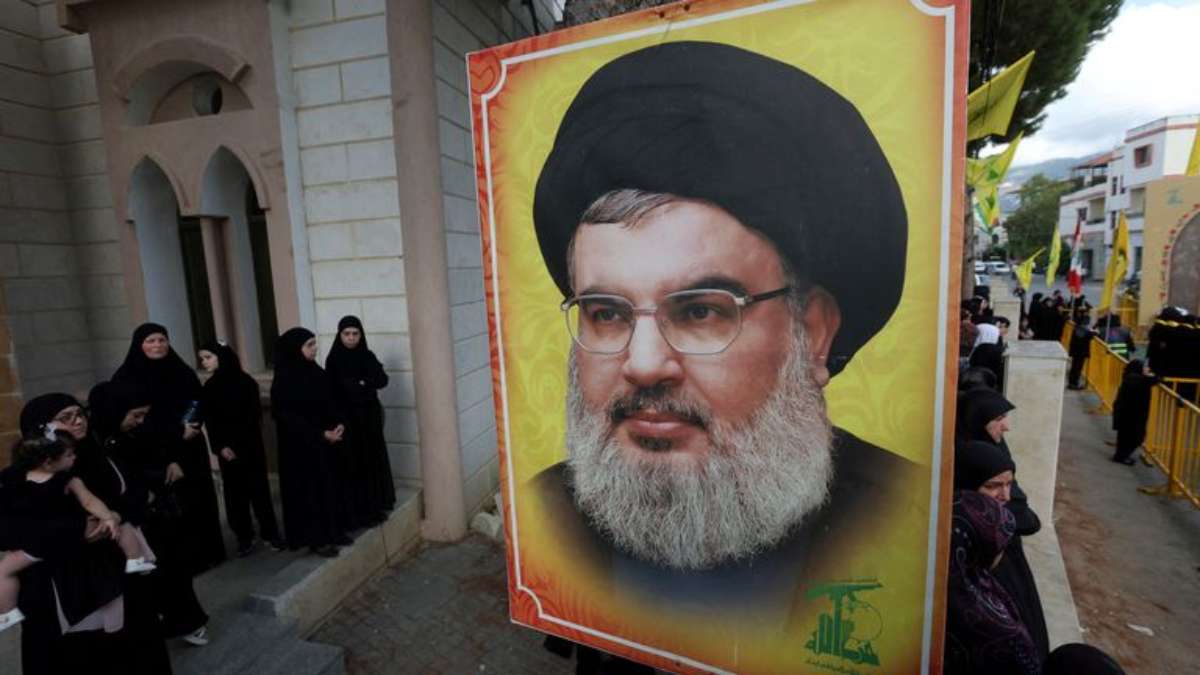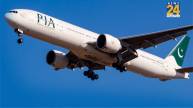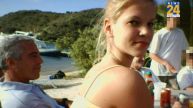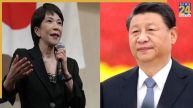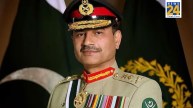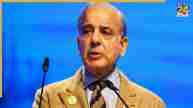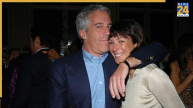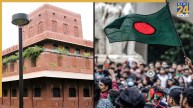Sayyed Hassan Nasrallah, the Secretary General of Hezbollah, was killed in a targeted airstrike launched by Israel in Beirut on Saturday. The Iran-backed militant group confirmed Nasrallah’s death hours after the Israel Defense Forces (IDF) made the announcement, stating that he “will no longer be able to terrorize the world.”
Future of Hezbollah: Nasrallah’s Successor
Nasrallah, who had led Hezbollah for more than three decades, was a key figure in the group’s operations. His assassination raises questions about Hezbollah’s future leadership. While the group’s structure is damaged, experts suggest Hezbollah will not collapse, but morale could be significantly impacted. Hashem Safieddine, a cousin of Nasrallah and currently in charge of Hezbollah’s political and financial affairs, is seen as a potential successor. Safieddine, who serves on the group’s Jihad Council, has reportedly been groomed for leadership by Nasrallah.
Safieddine has been designated a terrorist by the US in 2017 and has previously threatened retaliation against Israel after key Hezbollah figures were killed.
Israel’s ‘New Order’ Operation
The operation that targeted Nasrallah, known as “New Order,” was described by Israeli Chief of Staff Herzi Halevi as one of the most significant strikes against Hezbollah in recent times. The airstrike took place on Friday at Hezbollah’s central command in Dahiyeh, located in southern Beirut, after being in preparation for an extended period. Halevi indicated that more such operations could follow.
Also Read: 17 People Killed In Twin Mass Shootings In Eastern Cape, South Africa
Losses in Hezbollah’s Leadership
Along with Nasrallah, other top Hezbollah commanders, including Ali Karki, commander of the Southern Front, were killed in the airstrike. There were also reports that Nasrallah’s daughter, Zainab Nasrallah, was killed, though this has yet to be officially confirmed by Hezbollah or Lebanese authorities. Zainab had previously been vocal about her family’s sacrifices, including the death of her brother Hadi, who was killed by Israeli forces in 1997.
Nasrallah’s Legacy
Nasrallah became the leader of Hezbollah in 1992 after the assassination of his predecessor, Abbas al-Musawi, by Israeli forces. He was instrumental in expanding Hezbollah’s influence across the Middle East and was seen as the mastermind behind many of the group’s militant actions, including the 2006 war with Israel. The IDF described him as the central decision-maker behind numerous terrorist attacks worldwide, leading to the deaths of civilians of various nationalities.
With Nasrallah’s death, the dynamics of Hezbollah’s future and its power structure in Lebanon and the region remain uncertain.
Also Read: Explained: Is Israel-Hezbollah War Imminent After Hassan Nasrallah’s Killing? How Will U.S. Respond?

